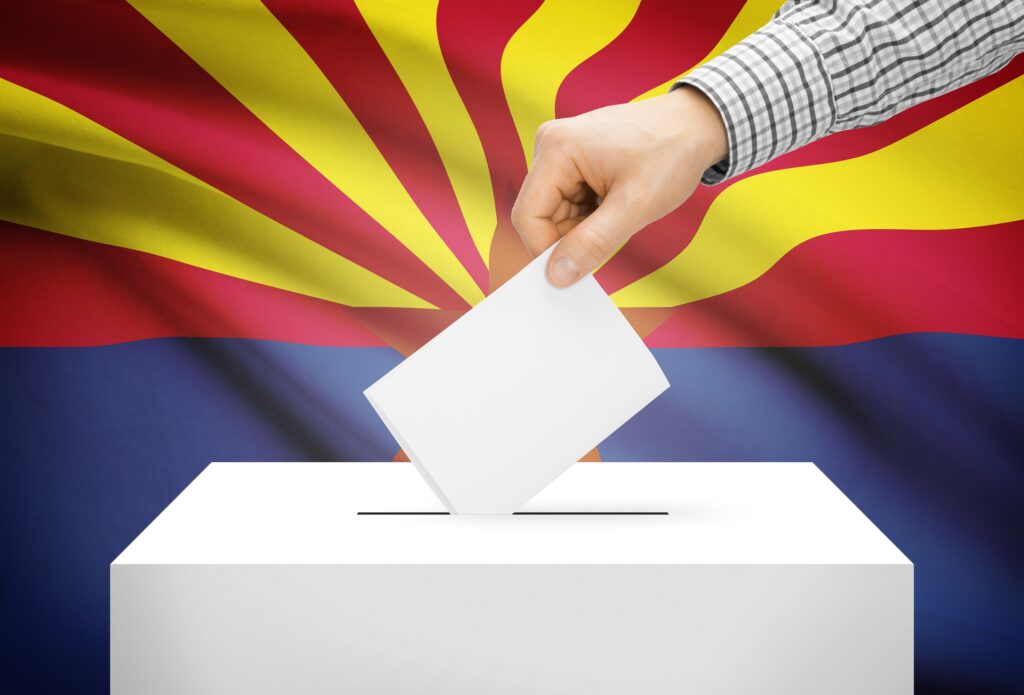A Primer on H.R. 1, the “For the People Act of 2021”
Authors
Key Points
H.R. 1 federalizes our elections unnecessarily.
H.R. 1 curtails speech and association rights.
H.R. 1 places federal courts into an unnecessary spotlight.
Press Release
INTRODUCTION
Initially introduced in the 116th Congress, H.R. 1, the “For the People Act,” proposed several reforms intended to improve voter access, restrict political spending and instill new ethics rules for the federal government. Democratic lawmakers at the time hailed the bill as a “transformational and comprehensive suite of democracy reforms” that would “drastically alter the balance of power in Washington and make government work for the people.”
In March 2019, H.R. 1 was passed by the Democratic-controlled House of Representatives. Similar measures were introduced in the Republican-controlled Senate but never received a vote.
At the beginning of the 117th Congress, the House again introduced H.R. 1—a substantively similar version to its 2019 counterpart—and it is expected to pass.4 Attention will ultimately turn to the Senate, where the chamber is evenly divided, with Vice President Kamala Harris potentially serving as a tie-breaking vote.
The primer that follows assesses the merits of the various provisions of H.R. 1, finding some promising and important reforms, but ultimately a proposal that offers far more harm than good.
Though not exhaustive, concerns about the bill fall into three broad categories:
- It federalizes elections unnecessarily.
- It places the federal courts into an unnecessary—and perhaps unconstitutional—spotlight.
- It curtails crucial speech and association rights.
Each of these concerns will be discussed in greater detail followed by a brief overview of the provisions worthy of support or expansion.











